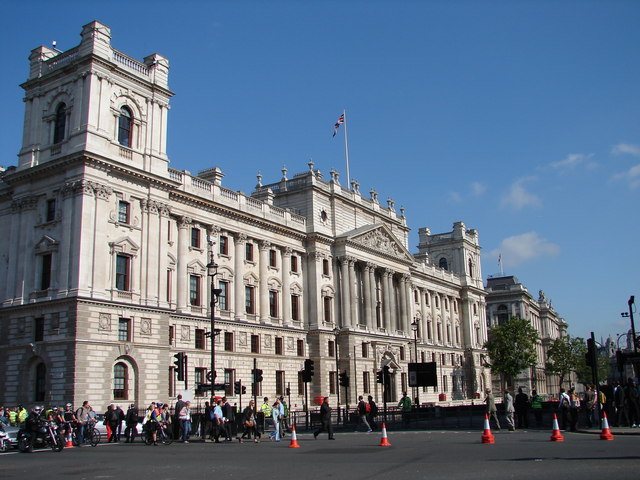
Britain’s manufacturers have slashed spending on new equipment to the lowest level since the aftermath of the Brexit vote, amid growing fears that Chancellor
Rachel Reeves will target them with higher taxes in next month’s Budget.
The warning comes from industry group Make UK, which said investment in plant and machinery has tumbled sharply since hitting a 10-year high in 2024. The drop represents a major setback for Ms Reeves, who is under pressure to plug a £30bn hole in the public finances without breaking Labour’s election pledges on tax.
Make UK said “frequent changes to tax policy” have deterred long-term investment, leaving Britain’s factories at a “critical juncture”. The group urged the Government to stabilise the business tax regime and safeguard key incentives such as R&D tax credits and capital allowances.
“It’s clear we’re at a critical point for investment,” said Fhaheen Khan, senior economist at Make UK. “The Budget must not only protect existing incentives but also refine them to accelerate innovation and technology adoption. Above all, business needs stability — not constant tinkering.”
Fears of a fresh tax raid
Many in the manufacturing sector fear the Chancellor could tighten tax reliefs or introduce new levies to raise revenue. With income tax, national insurance, and VAT ruled out under Labour’s manifesto, Treasury officials are believed to be examining other options — potentially hitting industry harder.
The figures paint a stark picture. According to Make UK’s survey with RSM UK, investment intensity — the share of turnover spent on capital investment — has fallen from 8.1% in 2024 to 6.8%, its lowest since 2017. The only worse year in the past decade was in the wake of the Brexit referendum, when confidence plunged and investment dipped to 6.5%.
‘Uncompetitive business environment’
Make UK warned that high energy costs, heavy taxation, and policy uncertainty have combined to create an “uncompetitive business environment”. It called for a long-term plan to bring Britain’s industrial investment levels closer to those of other OECD nations.
While Ms Reeves has been promoting Labour’s industrial strategy — aimed at cutting energy bills and simplifying regulation — the latest data suggest confidence remains fragile. About one-third of manufacturers said they are accelerating investment thanks to the strategy, particularly in areas such as clean energy and artificial intelligence, but overall spending remains depressed.
Manufacturing, which makes up around 9% of the UK economy, has been shrinking for five consecutive months, hit by global trade tensions and surging energy costs.
Pressure from the City
Separately, the Chancellor is also facing calls from the City of London Corporation to cut taxes on banks to help boost competitiveness. The corporation urged Ms Reeves to phase out the bank levy and surcharge, which together raised £1.8bn last year, and to consider scrapping stamp duty on share trading to revitalise the London Stock Exchange.
The proposals include encouraging workers to invest in UK-listed companies through workplace schemes, similar to automatic enrolment pensions.
As Ms Reeves prepares for her November 26 Budget, she faces a delicate balancing act: keeping Labour’s fiscal promises while restoring confidence among both manufacturers and financial markets. Photo by Ian Paterson, Wikimedia commons.




































